Bad Science – Ben Goldacre
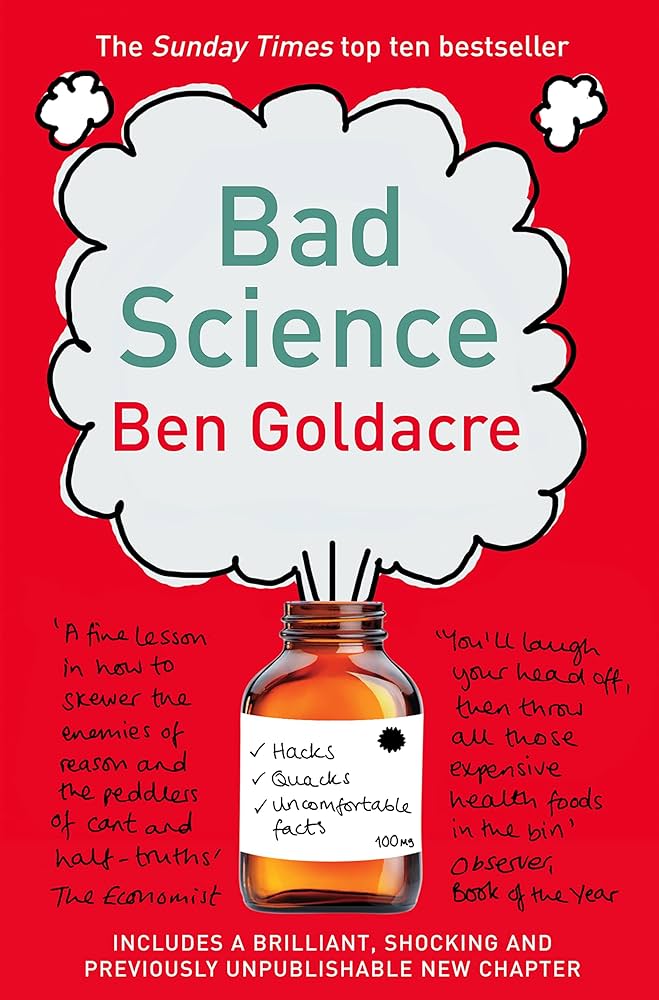
With hundreds of health scares infiltrating the news every day, it’s sometimes hard to tell what is real and what’s not. The internet is full of “experts” promoting detox diets and the wonders of homeopathy or herbal medicine.
“Bad Science” by Ben Goldacre is a thought-provoking book that critically examines the world of scientific research and exposes the flaws and biases that can undermine the integrity of scientific studies.
Goldacre, a medical doctor and science writer, delves into various topics such as pharmaceutical companies, alternative medicine, and media misrepresentation of scientific findings.
Through engaging anecdotes and rigorous analysis, he highlights the importance of evidence-based medicine and the need for critical thinking in evaluating scientific claims. “Bad Science” serves as a wake-up call, urging readers to question popular beliefs and demand better scientific literacy in society.
In this highly entertaining book, Ben Goldacre sheds light on how the media misunderstands science and why we are so gullible. It is important to keep a critical mind in medicine, so you can treat this book as a form of light revision for those data interpretation and critical analysis questions in your exams and interviews!
Being Mortal – Atul Gawande
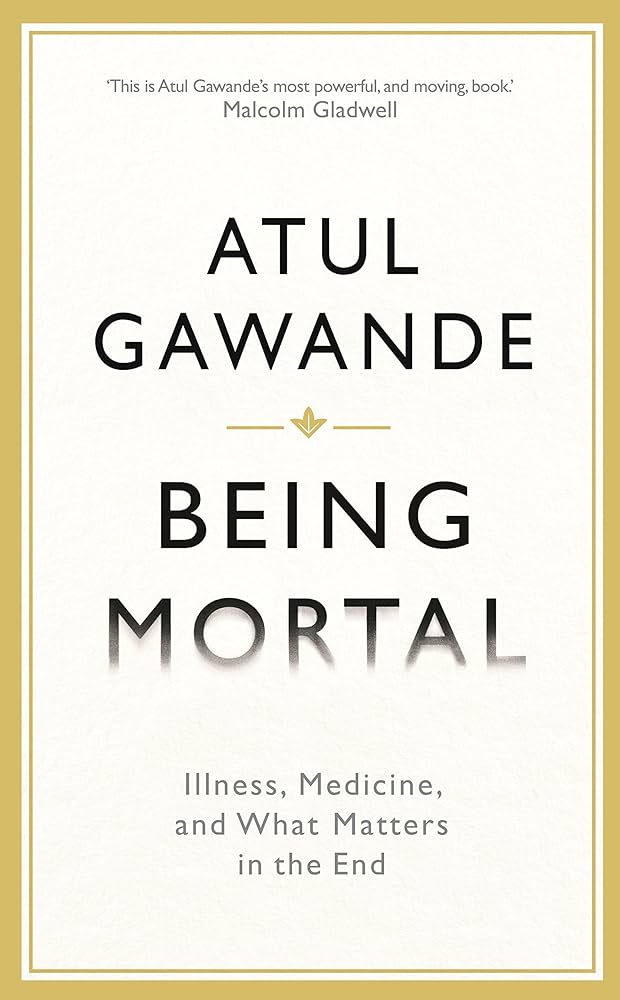
Starting my journey as a medical student, I was often disillusioned that medicine was all about saving people’s lives and curing illness.
However, this book reminds us that medicine is not only about improving life, but also the process of its ending.
“Being Mortal” by Atul Gawande is a profound exploration of the complexities surrounding aging, mortality, and end-of-life care.
Drawing from his experiences as a surgeon and researcher, Gawande delves into the challenges faced by both patients and healthcare professionals in navigating the modern healthcare system. He examines the cultural shift towards prolonging life at all costs and advocates for a more compassionate and patient-centered approach to end-of-life care.
Through poignant stories and thought-provoking insights, Gawande encourages readers to re-evaluate their perspectives on aging and mortality, ultimately prompting important conversations about quality of life and the importance of dignity in the face of illness and death.
This was the first book I read of this genre, and I remember expecting it to be quite sad and depressing.
To my surprise, it was incredibly witty and uplifting, and made me truly appreciate what we mean by “quality of life” which I so casually wrote in my <a href=”https://www.themedicportal.com/application-guide/personal-statement/”>personal statement</a>.
Do No Harm – Henry Marsh
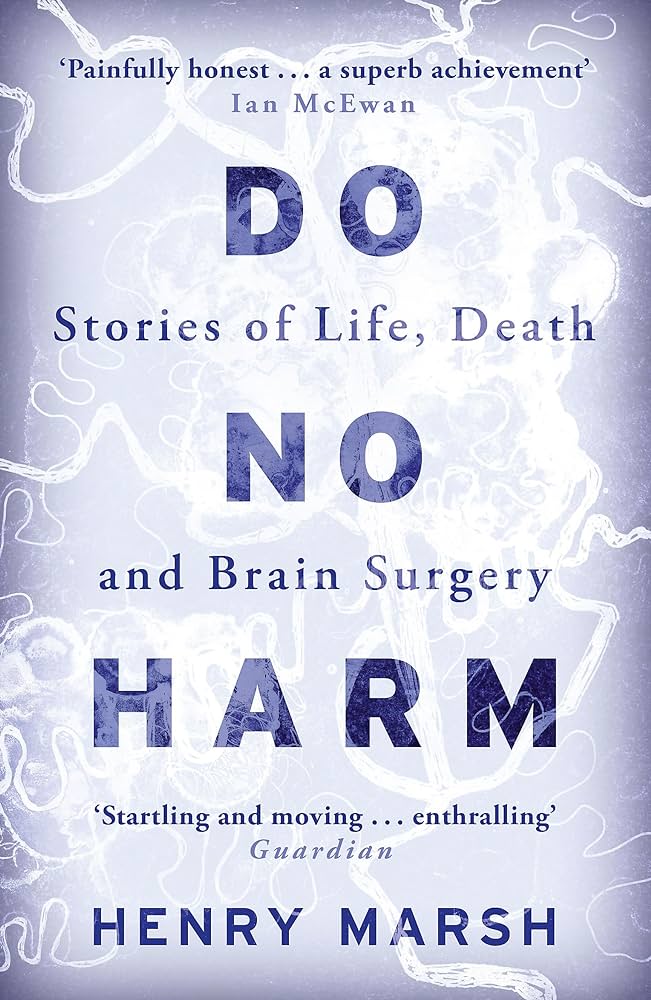
Brain surgery is hard, but not for the reasons you may think.
Henry Marsh, a world-renowned brain surgeon, writes a memoir of his fascinating career with painful honesty.
With honesty and vulnerability, he explores the ethical dilemmas, the emotional toll, and the high-stakes decisions that come with operating on the human brain. Marsh’s storytelling not only provides a fascinating glimpse into the field of neurosurgery but also raises important questions about the limits of medicine and the delicate balance between life and death.
Whether you have dreams of becoming a surgeon or not, I can guarantee you will not be able to put this book until you finish it!
It left me feeling incredibly inspired and, I dare say, a little scared.
The Children Act – Ian McEwan
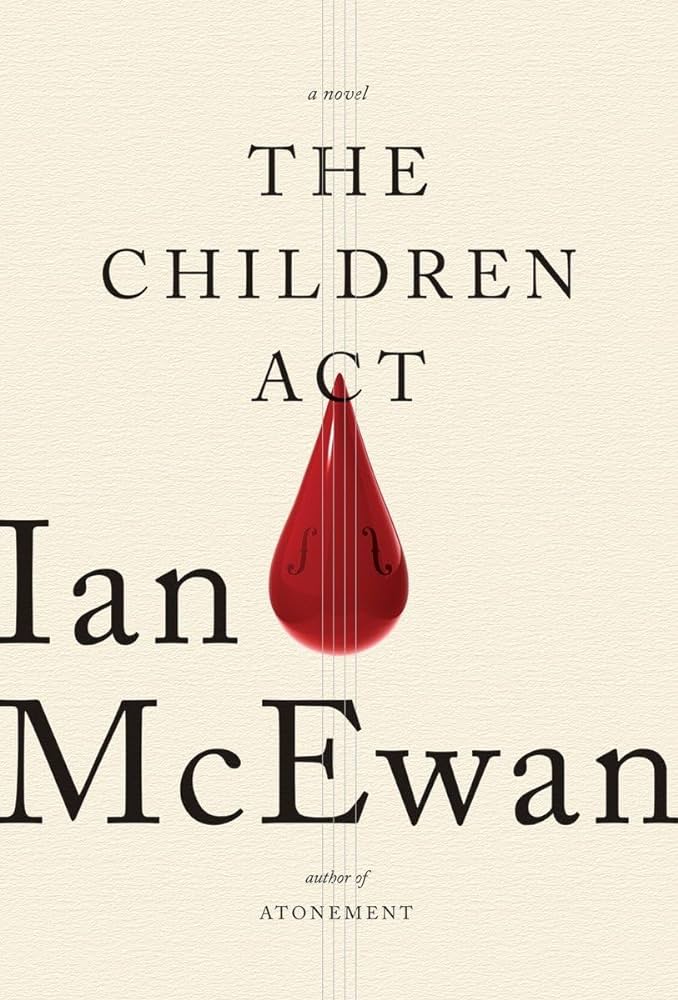
An absolutely brilliant book by one of my favourite authors.
“The Children Act” by Ian McEwan is a thought-provoking novel that delves into complex moral and ethical dilemmas. The story revolves around Fiona Maye, a respected High Court judge in London who specializes in family law cases.
When faced with a difficult case involving a teenage boy refusing a life-saving blood transfusion due to his religious beliefs, Fiona must make a decision that will have far-reaching consequences.
As Fiona navigates the legal intricacies of the case, she also grapples with personal challenges in her own life, including a strained marriage. McEwan skilfully explores themes of religion, morality, and the limits of the law, while delving into the inner workings of Fiona’s mind and the emotional impact of her decisions.
“The Children Act” is a compelling and introspective novel that raises profound questions about the role of the judiciary, the rights of children, and the complexities of balancing personal beliefs with the greater good. McEwan’s masterful storytelling and rich character development make this book a captivating exploration of human nature and the consequences of our choices.
With a more personal outlook on medical law and ethics, you will finish this book with more perspective on those difficult ethics questions in medical interviews.
When Breath Becomes Air – Paul Kalanithi
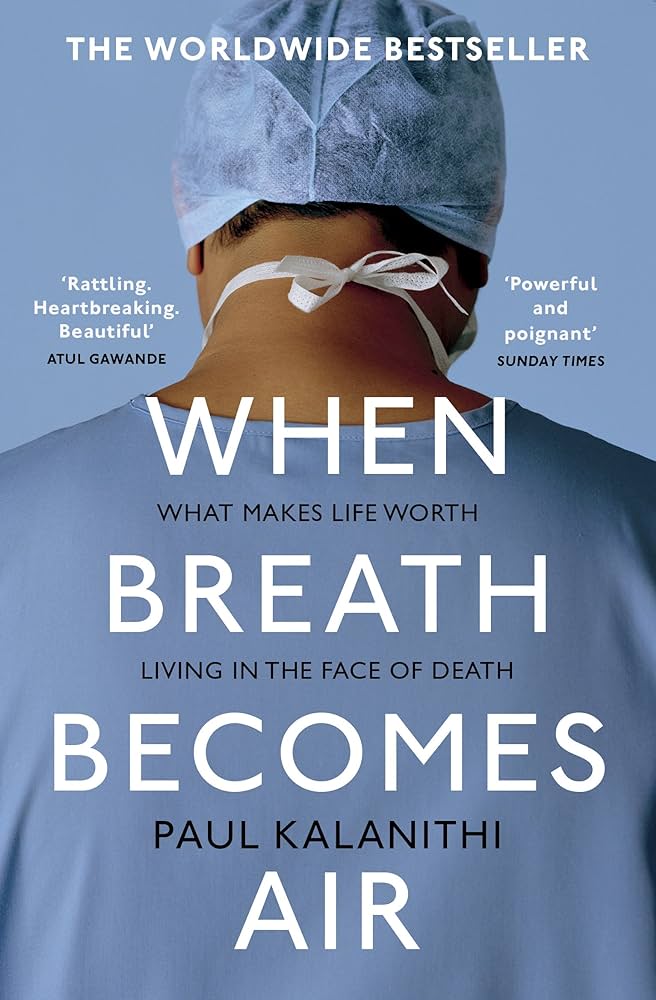
An extraordinary memoir by a young neurosurgeon diagnosed with terminal lung cancer, this book is one of my all-time favourites.
Kalanithi, diagnosed with stage IV lung cancer at the age of 36, shares his reflections on life, death, and the meaning of existence.
One day a doctor treating the dying, the next a patient facing his own mortality, Paul Kalanithi attempts to answer what makes life worth living in the face of terminal illness.
The book explores Kalanithi’s experiences as a doctor and his passion for understanding the human brain. As he grapples with his own terminal illness, he contemplates finding meaning in the face of mortality.
Kalanithi’s writing is both eloquent and introspective, offering readers a glimpse into his emotional and intellectual journey. He explores the complexities of the doctor-patient relationship, the challenges of facing a terminal illness, and the importance of embracing the present moment.
This beautiful book left me feeling truly humbled and inspired. It’s one of those crucial books for aspiring medics that will shift your perspective forever.
